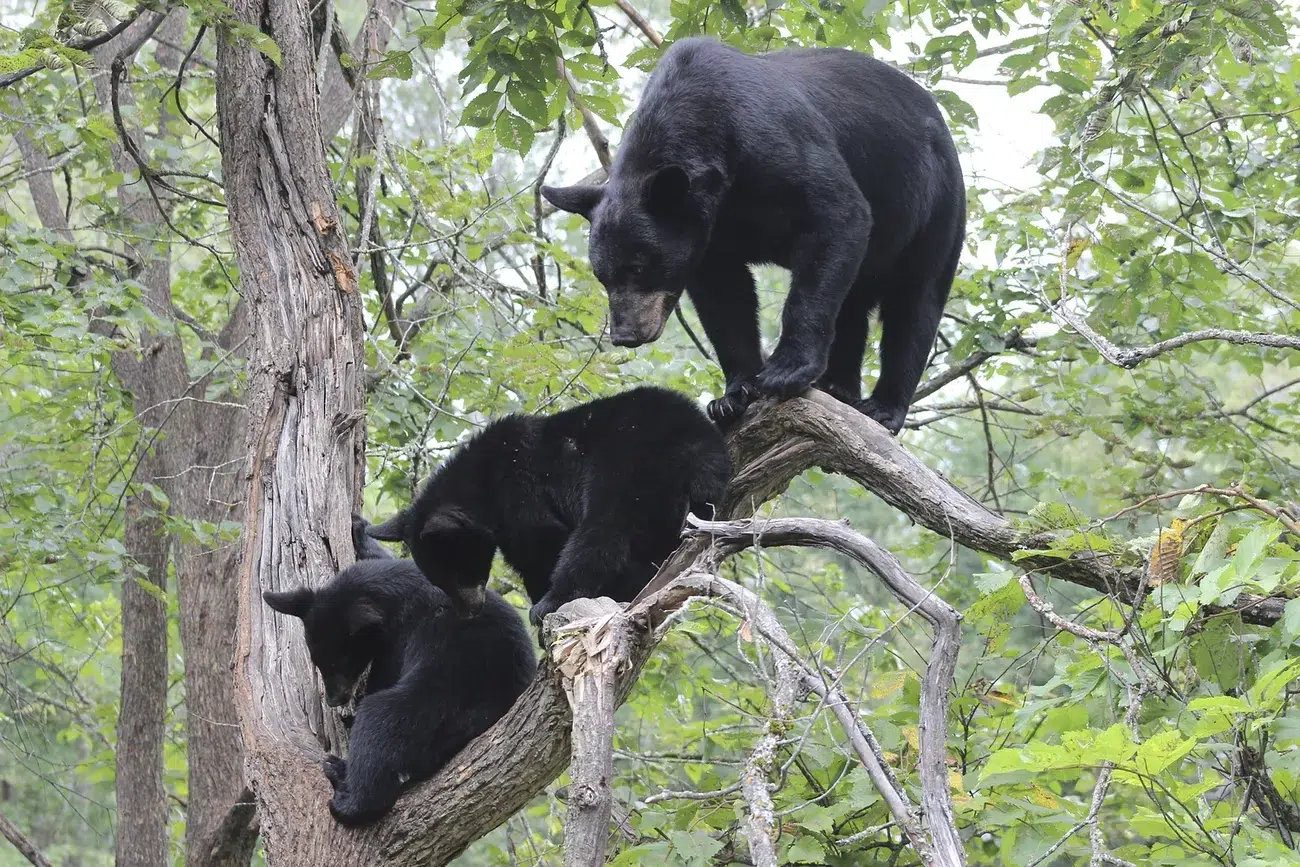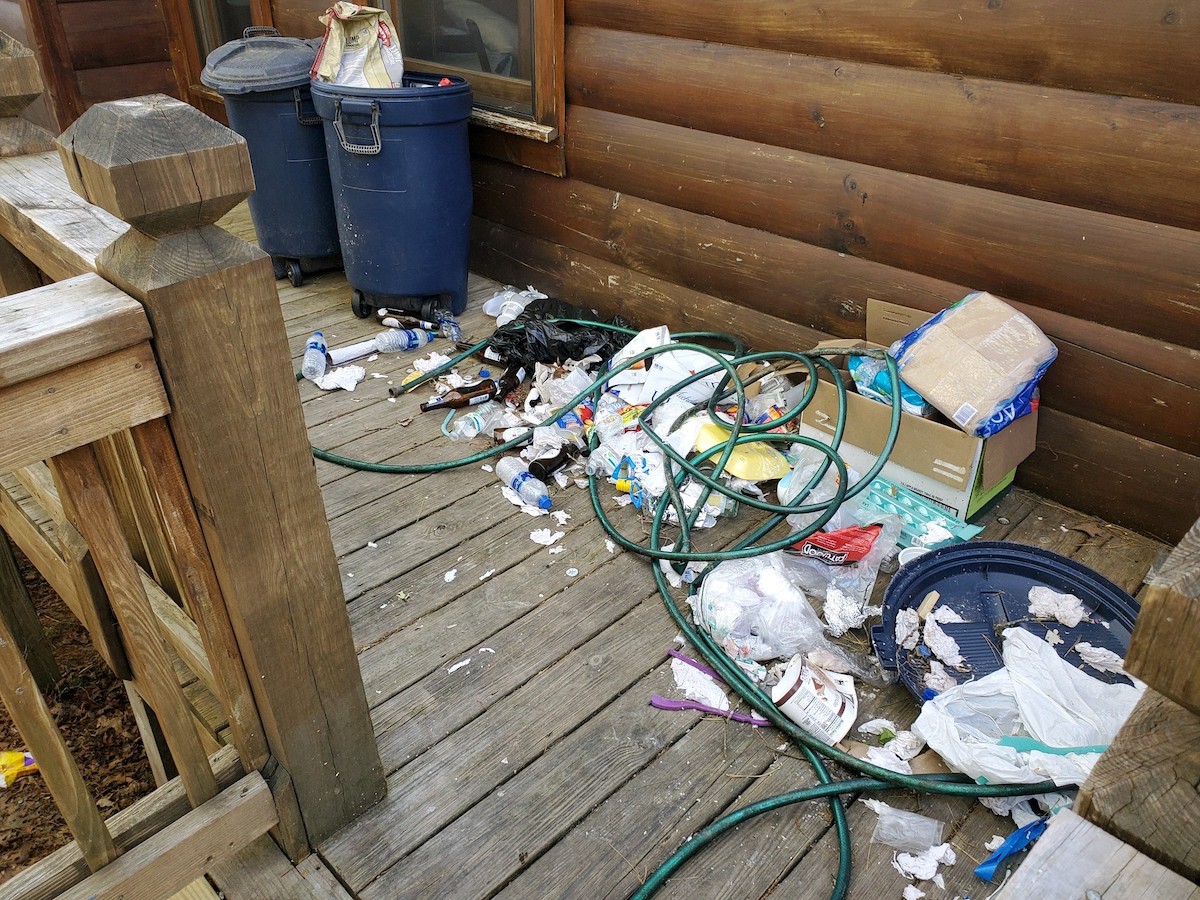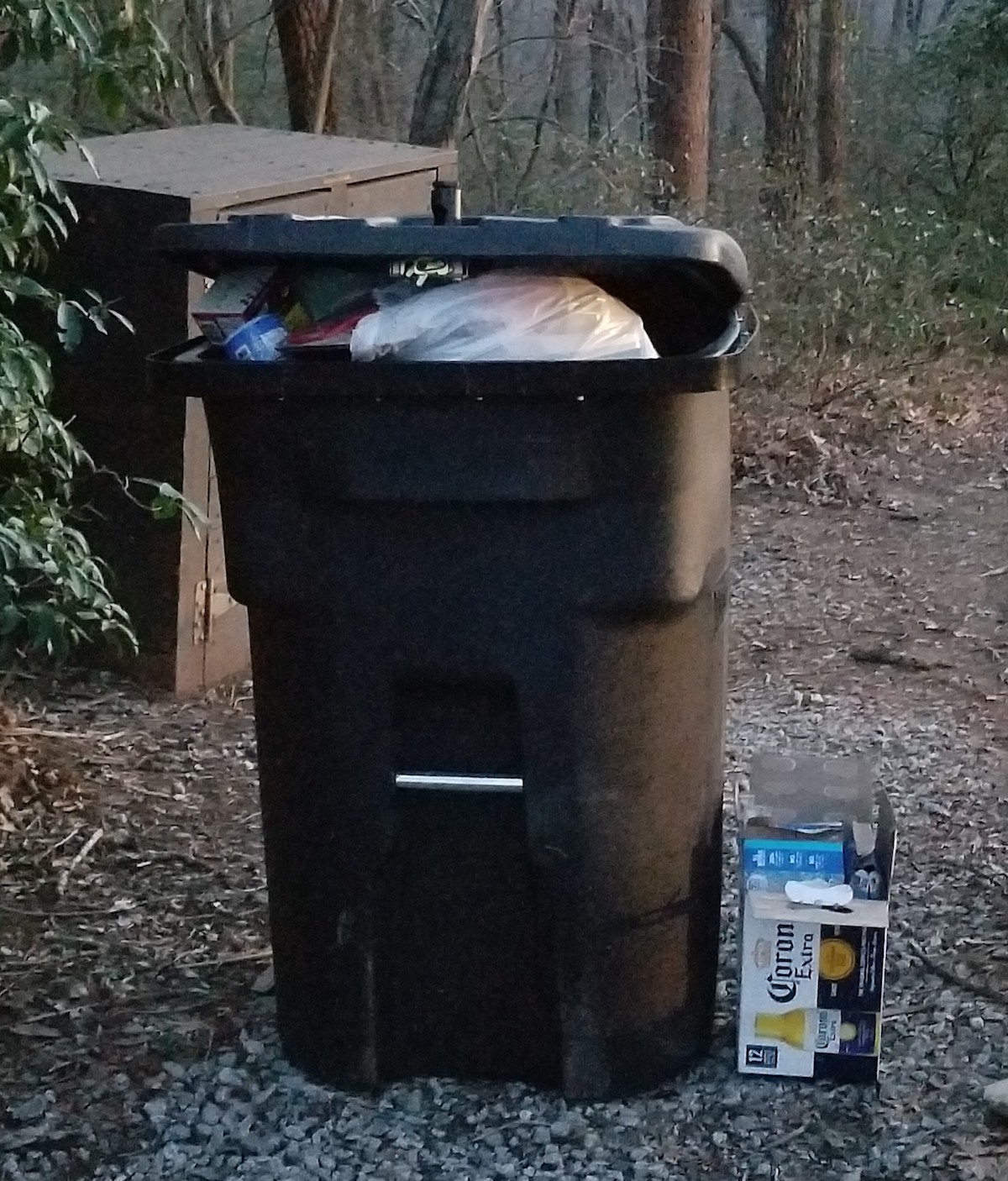
The Appalachia Georgia Friends of the Bears would like to remind the public that March marks the time when black bears begin to emerge from their dens.
“We already have received reports of adult males and subadults that are out and about,” says Gerald Hodge, Jr, founder and CEO of Appalachia Georgia Friends of the Bears, Inc.
Hodge says solitary females and sows with yearlings will emerge in late March to mid-April. Sows with cubs will be the last to emerge around mid-April to early May.
Black bears are native to North Georgia: The region has approximately 3,000. Warmer temperatures tend to make them more active.
Keeping bears, and humans, safe
Things such as birdseed, hummingbird feeders, pet food, livestock food, greasy barbecues, smokers and fish cookers, and other wildlife foods attract black bears. Wildlife experts advise residents to minimize attractants and the availability of food in their yards and neighborhoods.
The intentional and unintentional feeding of bears teaches them to approach homes and humans for food, and that, says Hodge, is a recipe for human-bear conflict. In addition, it destroys bears’ teeth and digestive tracts and can result in a bear’s slow and painful death.
Wildlife experts remind property owners to store garbage in a sturdy building or approved bear-resistant trash receptacle and to put out the trash on the day of pick up.
“If trash is stored for multiple days to fester in the heat, it will result in a larger odor signature for bears. The more the signature, the greater the distance for it to travel on the wind,” says Hodges.
To help reduce this signature, clean your trash cans and rinse off any food and drink residue from containers before disposal.
For more information
The Appalachia Georgia Friends of the Bears is a 501(c)(3) nonprofit whose mission is to reduce human-bear conflict through proactive educational outreach programs.
For more information on bear safety, visit BearWise.org and agfriendsofthebears.com.








